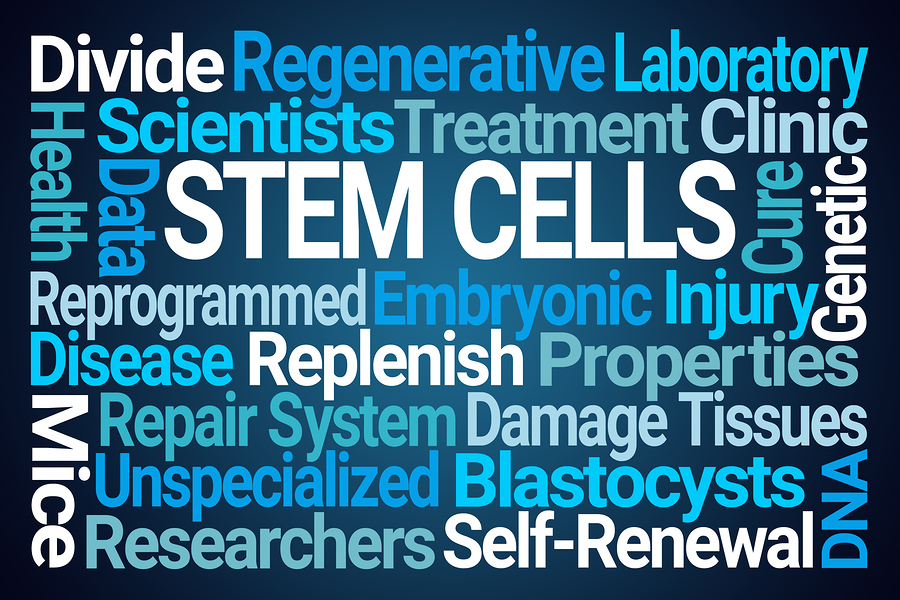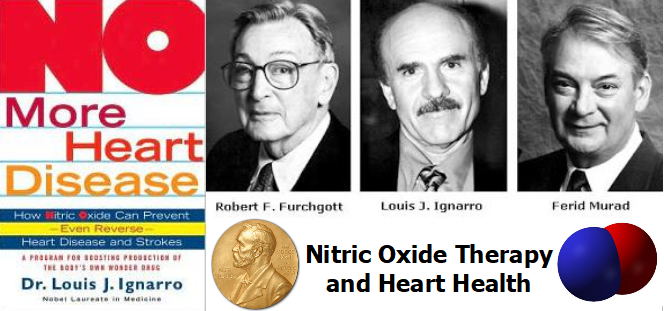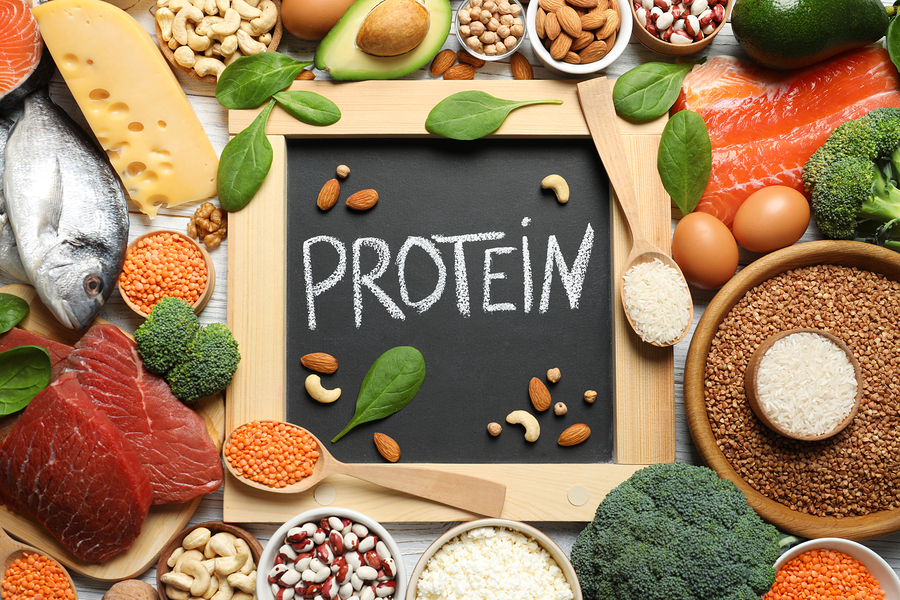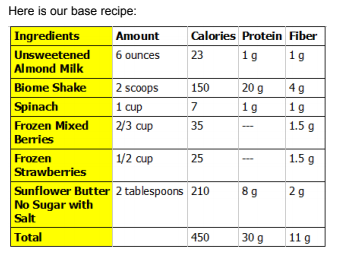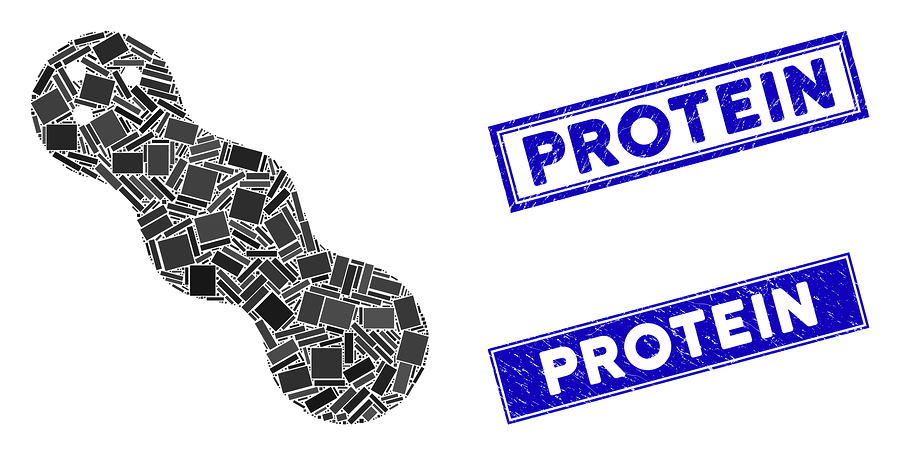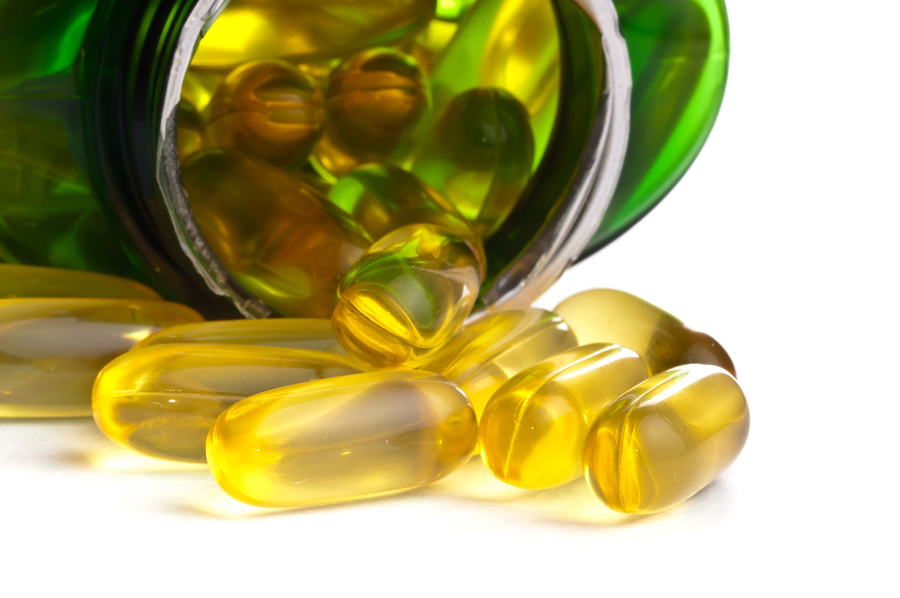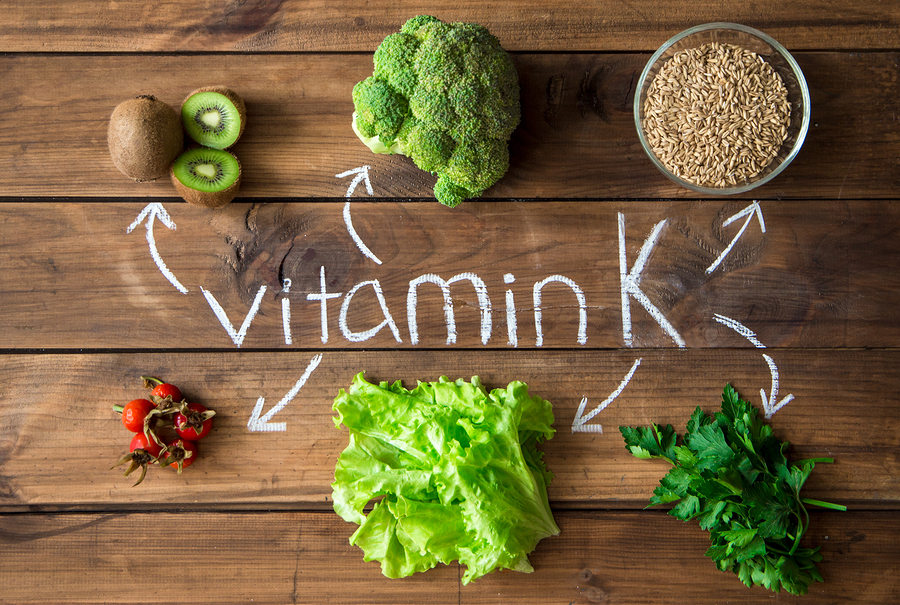In today’s article we’re going to look at the question: Can Stem Cells Reverse Aging?
But before we do let’s get a clear understanding on what stem cells are. Here is a direct quote from U.S. National Library of Medicine:
“Stem cells are cells with the potential to develop into many different types of cells in the body. They serve as a repair system for the body. There are two main types of stem cells: embryonic stem cells and adult stem cells.
Stem cells are different from other cells in the body in three ways:
They can divide and renew themselves over a long time
They are unspecialized, so they cannot do specific functions in the body
They have the potential to become specialized cells, such as muscle cells, blood cells, and brain cells”
For our discussion on the question can stem cells reverse aging, we are going to focus on adult stem cells that are currently in your body.
Now if adult stem cells have the ability to replicate and become specialized cells, then why do we grow old and lose function as we age?
And the answer is that adult stem cells are also impacted by the aging process. Meaning that over time they loose their effectiveness in both replication and becoming specialized cells.
Can Stem Cells Reverse Aging – 4 Key Strategies
This means that the key to adult stem cells reverse aging lies in keeping them as healthy as possible. And through recent research done by Life Extension and InSilico Medicine, there seems to be three plant-based nutrients that help to promote healthy stem cells. They are: Read More →
